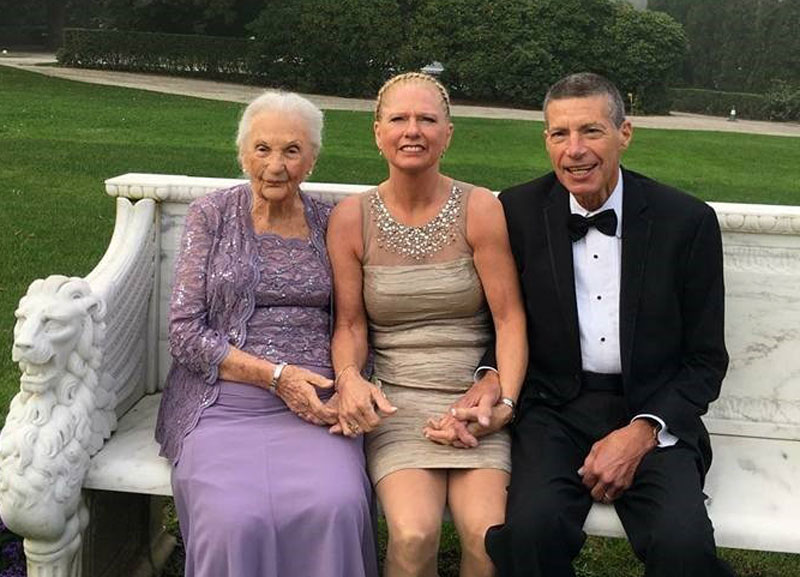The 100th anniversary of the 19th Amendment, which enshrined women’s constitutional right to vote in the United States, was celebrated on Aug. 18, 2020. So we’re asking politically engaged women in our community to share their personal voting stories with you.
Today: Rita Barschak, a 100-year-old voting rights advocate.
Women played a pivotal role in the 1920 presidential election, swinging the vote from the Democrats — who had traditionally been resistant to the suffrage movement — to the Republicans.
Warren Harding was elected president. And that very same year, Rita Barschak was born.
"I was born the year women got to vote!" Barschak told KQED, with a chuckle from the phone by her bedside in Los Angeles.
At 100 years old, Barschak said she’s been a voting rights advocate for her entire adult life and has never missed an election.
"Without voting, we can't get anywhere," she said.
